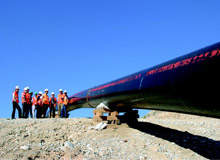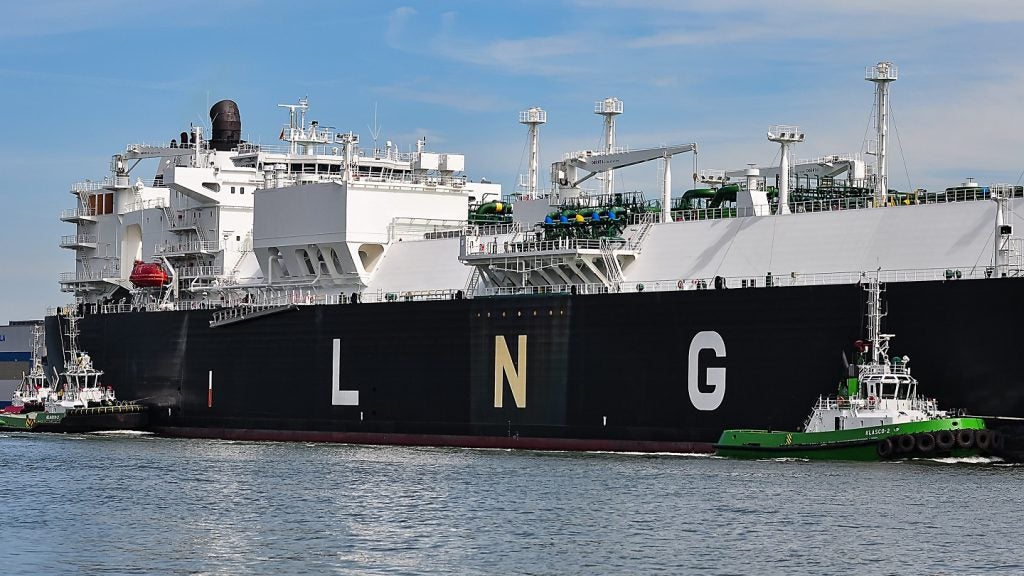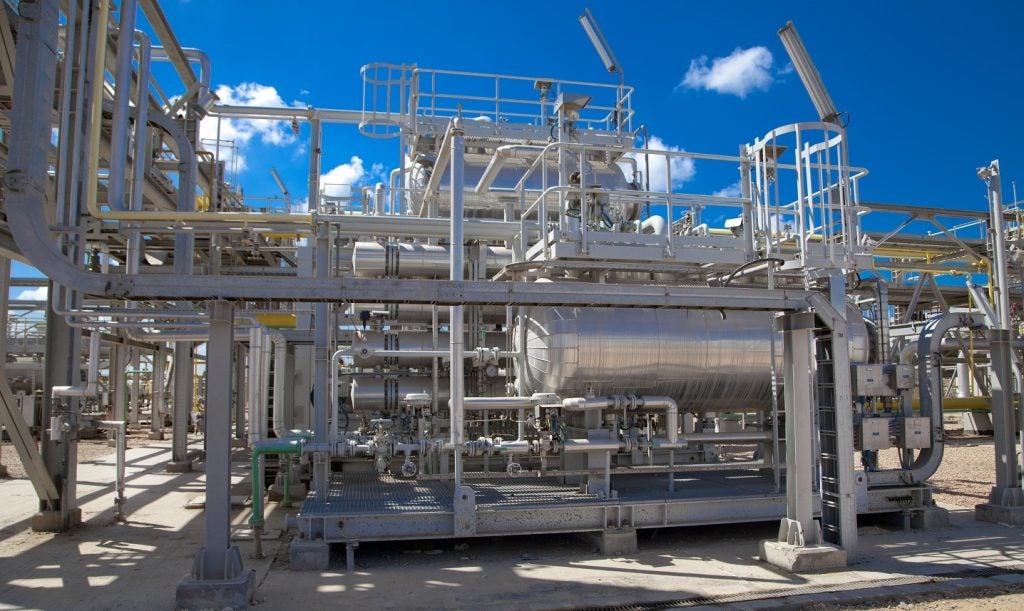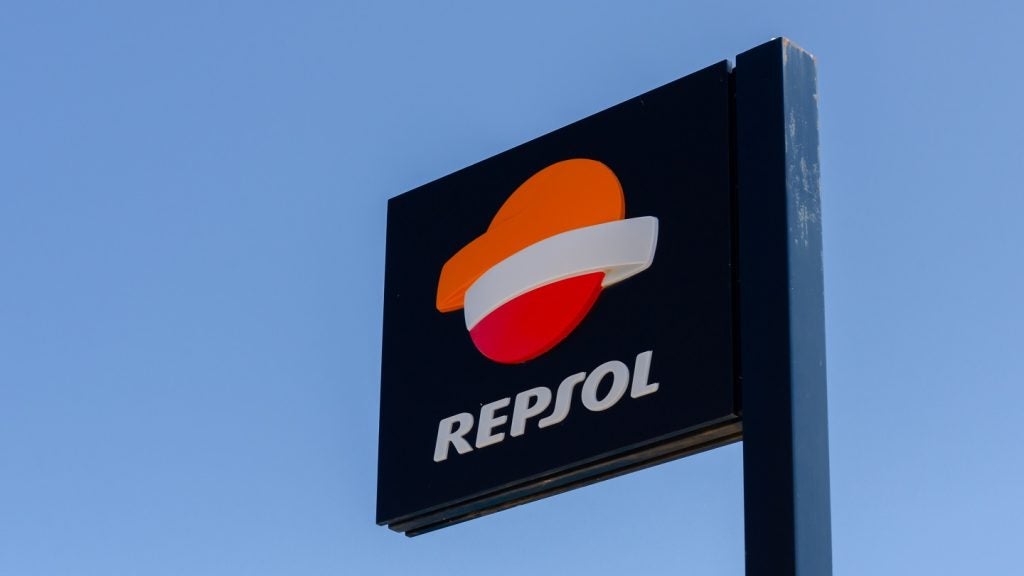
The unexpectedly cold weather at the beginning of the year took Georgia by surprise and demand for gas rose to unprecedented levels. A spokesman for Ukraine’s state-owned energy firm Naftogaz said that the extra gas the country consumed was needed to cope with the especially cold January weather.
In response, Russia’s gas monopoly Gazprom, which supplies over a quarter of Europe’s gas, mainly via the Ukraine, commented that the Ukraine was preventing Russia from meeting its international obligations.
The Ukrainian Prime Minister, Yuri Yekhanurov, said his country’s consumption of gas had exceeded 400 million cubic metres in a 24-hour period – a record level, amounting to about 43% more than during an average winter day. Temperatures fell lower than -30°C in Ukraine during January, severely straining its energy infrastructure.
Gazprom implemented emergency measures to compensate for the missing volumes by using underground storage facilities in European countries. The energy giant said it was extracting nearly 85 million cubic metres of gas above-plan daily to meet the demand.
ONGOING DISPUTES
Tension has been mounting between Russia and Ukraine recently over a new gas pricing deal which doubles the amount Kiev has to pay for its gas.
How well do you really know your competitors?
Access the most comprehensive Company Profiles on the market, powered by GlobalData. Save hours of research. Gain competitive edge.

Thank you!
Your download email will arrive shortly
Not ready to buy yet? Download a free sample
We are confident about the unique quality of our Company Profiles. However, we want you to make the most beneficial decision for your business, so we offer a free sample that you can download by submitting the below form
By GlobalDataThe signing of the deal, which was agreed on 4 January 2006, has been postponed until various issues have been resolved, not least the issue of ensured supply highlighted above. Under the five-year deal, Ukraine will buy Russian and Central Asian gas for $95 per 1,000m³ on average.
The dispute led to Gazprom temporarily turning off Ukraine’s supply, which in turn disrupted supplies to a swathe of European countries. Western and Central European countries produced about 60% of the gas they needed in 2004. The biggest producers were the UK, the Netherlands and Norway.
Of the gas imported from outside the region, two-thirds came from Gazprom. The Ukrainian pipeline network carried approximately 80% of this supply with the rest travelling through a smaller pipeline crossing into Poland and Germany via Belarus. Most of the rest of the gas imported into Europe comes from Algeria.
PIPELINE SECURITY
Another major factor concerning European gas supply is the apparent lack of security on various Eastern European pipelines.
The political volatility of these areas is affecting confidence in the supply chain originating in Russia. For example, the suspected sabotage of the Mozdok-Tbilisi pipeline on the Georgian border throws the outlook for a trans-Caucasus pipeline into doubt.
Georgia’s President, Mikhail Saakashvili, accused Moscow of serious acts of sabotage in January after gas blasts on Russian pipelines cut off supplies to Georgia and Armenia.
The two explosions occurred on the main branch and a reserve branch of the Mozdok-Tbilisi pipeline in the Russian border region of North Ossetia at around 0300 local time (2400 GMT).
The electricity transmission line in Russia’s southern region of Karachayevo-Cherkessiya, also near the Georgian border, was brought down by an explosion just hours later.
Mr Saakashvili commented that the near simultaneous attacks close to Georgia’s border were pre-planned actions orchestrated by Russia. Russia’s foreign ministry dismissed the Georgian President’s remarks
as ‘hysteria’.
Relations between Georgia and Russia have been tense since Mr Saakashvili was handed power during the ‘Rose Revolution’ in 2003, pledging to lead his nation on a pro-Western course.
Mr Saakashvili said the gas pipeline was blown up in “an area fully under Russian control”, where there were no local insurgents.
“They happened at the same time, and basically they didn’t affect supplies to Russia proper, so we can conclude that it was a very well-organised and very well-coordinated act,” said the Georgian President. “We’ve received numerous threats by Russian politicians and officials at different levels to punish us for basically for not giving them pipelines.”
A spokesman for Russia’s gas monopoly Gazprom argued that the company was doing all it could to restore gas supplies. “We believe this situation should not be politicised,” Sergei Kuprianov was quoted as saying by the Russian Interfax news agency.
FOCUS OF ATTENTION
Although no single party has claimed responsibility for the
attacks, the threat of continued security problems has forced Europe to take notice of the integrity of its gas pipelines.
With an intricate supply chain network relying on Russian gas via various pipelines, many countries will be monitoring the situation very carefully over the coming months.






